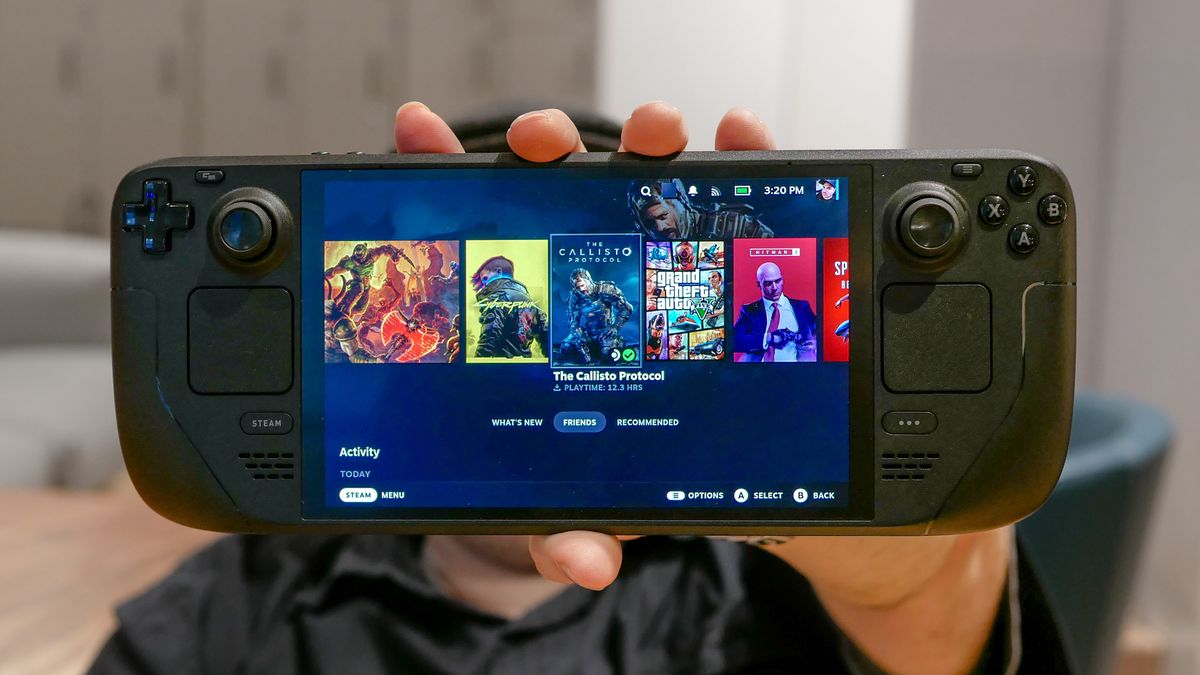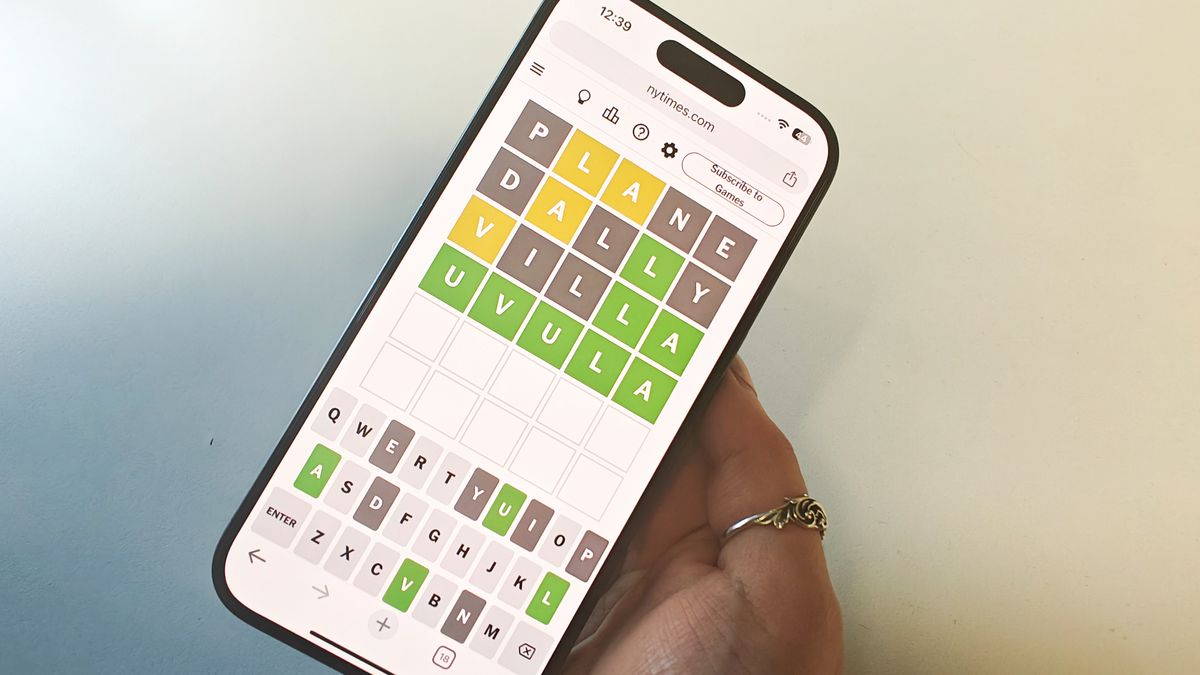Most people, when they think about AI, focus on applications such as image generation or chatbots. But as we're starting to learn, there is so much more to artificial intelligence than these simple tools.
As well as the high-specification AI products, which help with science, deep research and other heavyweight needs, AI is also extremely useful in the softer sciences.
Our existence is made up of relationships — work, family, friendships, they're all part of the important mix of life. So let's take a quick look and see how our computerized friend can help us navigate the tricky waters around our important social activities.
It's important to remember, however, that AI will never be a substitute for real-life engagement or professional guidance. This is just an example of how you can use AI, not professional advice.
1. Communications
So much of the hard work relating to relationships comes from simply navigating communications. It's no surprise that large language models, which are the bedrock of today's AI, excel at language. We can use this ability to significantly improve our interactions.
A growing number of people use their chatbot as a sounding board, to ask for advice on how to deal with tricky communications. Things said or unsaid.
A simple tool is to give ChatGPT something you plan to send to a friend, loved one or even a colleague and ask: "Can I phrase this better?"
2. Conflict resolution
Interview roleplay with GPT-4o voice and vision - YouTube

One of the sad but true facts about relationships is the fact that they involve a fair amount of conflict in one way or another. Chatbots can offer feedback on tricky episodes, as well as suggestions for how to overcome certain positions.
Even asking simple questions about how to apologize, or requesting help with mediation is a valuable way to use the power of AI language.
For those who need something a little more structured, the Flamme app may be a worthwhile investment. It offers a wide range of options and is available on iPhone and Android. Essentially, it offers advice on interacting with your partner every day including tips and information.
3. Mental Health
Again, this is not advice, merely a list of tips and apps you can use with AI.
There's a growing palette of AI tools being deployed for mental health applications. These cover the range from simple mood apps, which check your current state of mind and help to improve it, to deep therapy products which are designed to work alongside professional mental health services.
One such tool is Youper, which is a CBT chatbot designed to help people with emotional issues. Always check with medical professionals.
A lot of the negative issues arising out of relationships come from simple bad planning. Forgetting appointments, losing track of obligations or simply not contributing our share to a workload. Again AI can come to the rescue through the use of a variety of tools to help manage these kinds of daily demands.
The free Trevor AI app is one such example amongst many. It combines an AI assistant with an organizer, to-do list manager and more.
Have you ever wished you were more socially adept? You're not alone, millions of people across the world feel like they fail to cope with basic social skills. We can use artificial intelligence to help practice these skills, because they can be learned just like any other skill.
Role-playing, active listening sessions and empathy exercises are all part of the things we can use to improve ourselves.
There are a number of commercial apps which can be used for this purpose, although many are just wrappers for the standard AI models from OpenAI, Anthropic and the rest. It's probably just as valid to use a standard chatbot in the first instance.
6. Memory aid
It pays to remember the simple things in our relationships. Even banal issues like forgetting birthdays or anniversaries can be a cause of conflict and discord.
By using AI technology to manage our memory, calendar or even alarm clock, we can encourage smooth sailing in every way.
Setting reminders for gift ideas is a very quick win. This type of feature is likely to become more common in standard AI models as the memory functions improve over time.
7. General relationships
It may sound a little excessive, but by using an AI advisor to help us with relationship expectations at the beginning of an important life journey, we can proactively prevent issues down the line.
We can also use AI to help us with cultural and language gaps which may occur in our personal interactions.
Finally, using AI to help with relationship goal setting in a collaborative way can be very useful. By working together on these kinds of tasks, we can probably strengthen the depth of our connection in subtle but important ways.
More from Tom's Guide
- Did Apple Intelligence just make Grammarly obsolete?
- 3 Apple Intelligence features I can't live without
- Midjourney vs Flux — 7 prompts to find the best AI image model





















 English (US) ·
English (US) ·